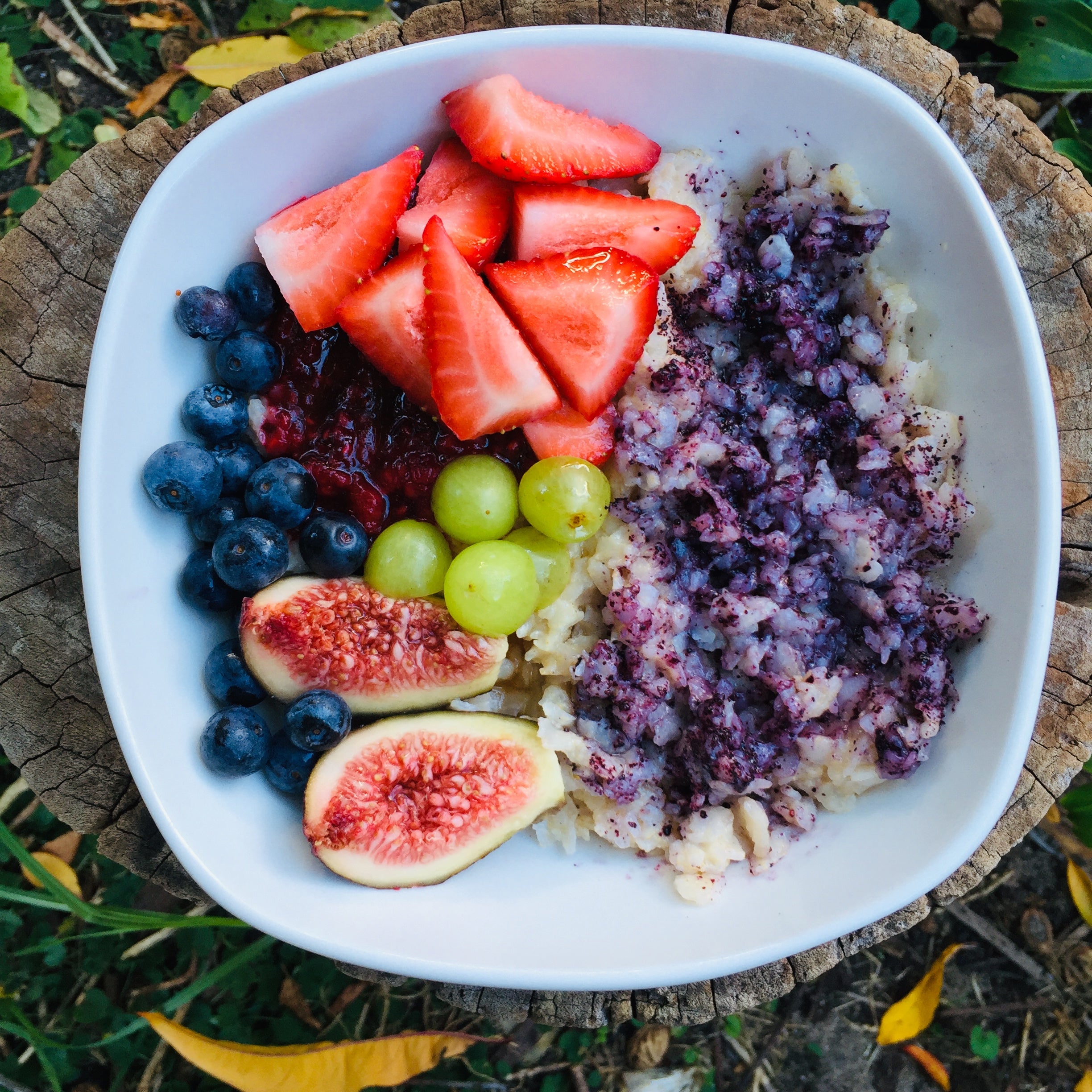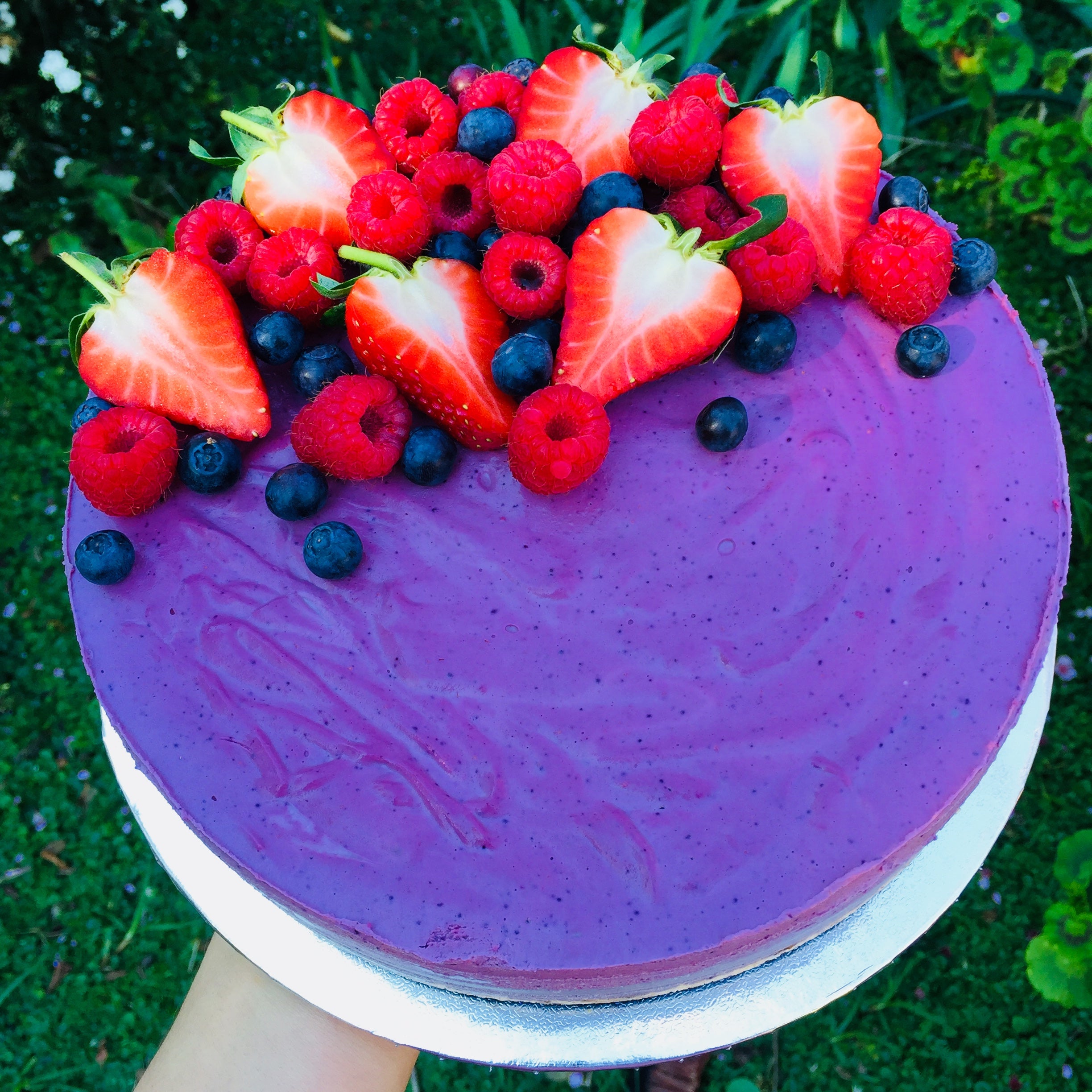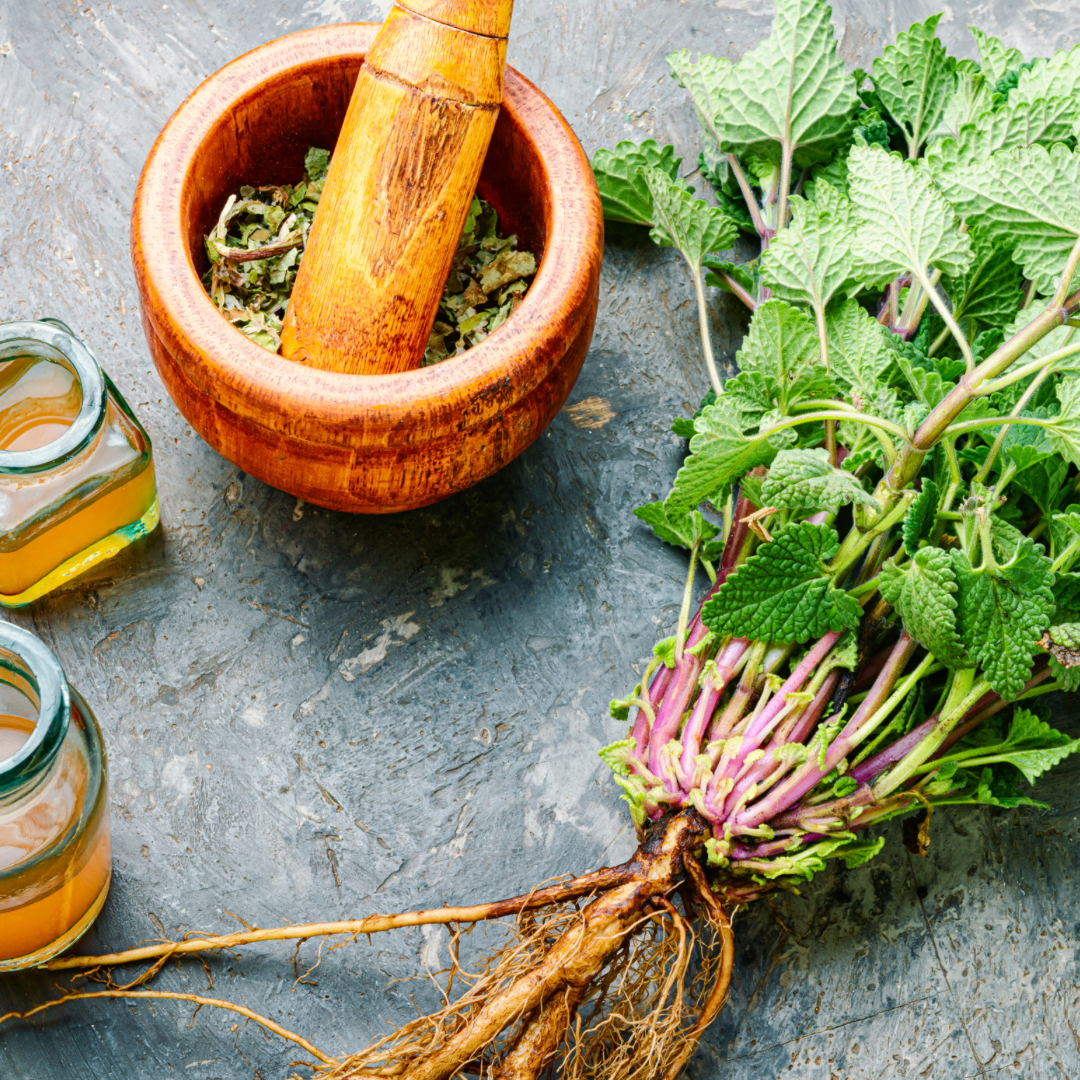
Smoothies in Winter. Good or Bad?
It's that time again - breakfast time. Normally a breeze in the warmer months!
If you're like me and you love the ease and health benefits of a fruit smoothie, then you're probably mourning the loss of the warmer weather.
The idea of drinking an ice cold smoothie in winter loses its appeal.
Yet I used to do this, and I would literally shiver my way through the entire thing, telling myself it was the best option, whilst my intuition told me otherwise.
Whilst it's tempting to save time and go with the easy option of a smoothie, it's important that we modify what we eat with the changing of the seasons and bring about more warming foods.
Firstly, I want to tell you, I was a strict raw foodist for over 3 years.

In this time I feel as though I truly healed, detoxed and rejuvenated my system.
But during the winter. I suffered. I felt miserable, under nourished, cold, moody and emotional (they don't advertise this in the raw food community!)
I'm no longer a raw foodist, but after following a strict Medical Medium protocol, I found myself turning to freezing cold smoothies again during the winter to keep the Epstein Barr Virus out of my system (still to this day gone!! 2 years later!)
Interestingly, during this time of resorting to cold smoothies in winter, I experienced all sorts of mysterious bloating and pain in what felt like it was my Uterus. This had me baffled as I was following a strict Medical Medium diet & whilst all of the other symptoms I was experienced had disappeared, my Uterus was playing up during ovulation time.
After ruling out all the nasties with tests and scans, I visited my acupuncturist.
Her first question was to ask me what sort of foods I was eating now that the weather was so cold. To which my reply was icy cold smoothie bowls (as seen in picture!)

It was at this point that I learnt that in Eastern Medicine, the Uterus isn't treated directly , when a patient is experience issues in this area, however the Spleen is what is treated - and in turn the Spleen nourishes the Uterus.
I was intrigued to find out that when we eat cold foods the Spleen doesn't like this this, and the Spleen's job is to break down the foods we eat ready for digestion - and this action is powered by heat! Curious!
I immediately stopped having icy cold smoothies in winter, and I saw a massive improvement - the bloating disappeared.
Eating warming foods in winter is at the heart of an Ayurvedic diet.
Some warming foods include ginger, spices such as cayenne, chilli, cinnamon, turmeric, sweet potatoes, carrots, stewed fruit plus many more.
This is why my staple during the winter is a big bowl of hot gluten free porridge (you can buy GF oats, or GF rice porridge, or if you are following a strict Medical Medium protocol and using the banana + apple 'porridge' , simply warm these fruits up in a pan before eating)
I am someone who still loves my fruit during winter - and I don't always want to cook it - especially given that cooking our foods does destroy many of the vitamins and life force available in the food. So I compromise by doing the following;
I like to top my porridge bowl with fresh fruits and *of course* our Wild Blueberry powder (you can buy that HERE), and I make sure that with each mouthful I take in, I have some hot porridge alongside the fruit.
It's temping for me to photograph and market vibrant coloured smoothie bowls all year round, but truthfully it's just not good for us.
Since I welcomed more nourishing warm meals into my diet during the colder months, gone are the days where I feel moody, deprived and under nourished, but equally as important, I am still getting all of the antioxidant rich, healing benefits of the fruits which are so important when on a healing journey.
Wishing you an abundance of health this Autumn.
Remember the colder months are a time for us to go within, nourish ourselves, slow down and rest more.
Much Love & Resilient Health to you!
Natalie xxx
Resilient Health



Leave a comment
This site is protected by hCaptcha and the hCaptcha Privacy Policy and Terms of Service apply.